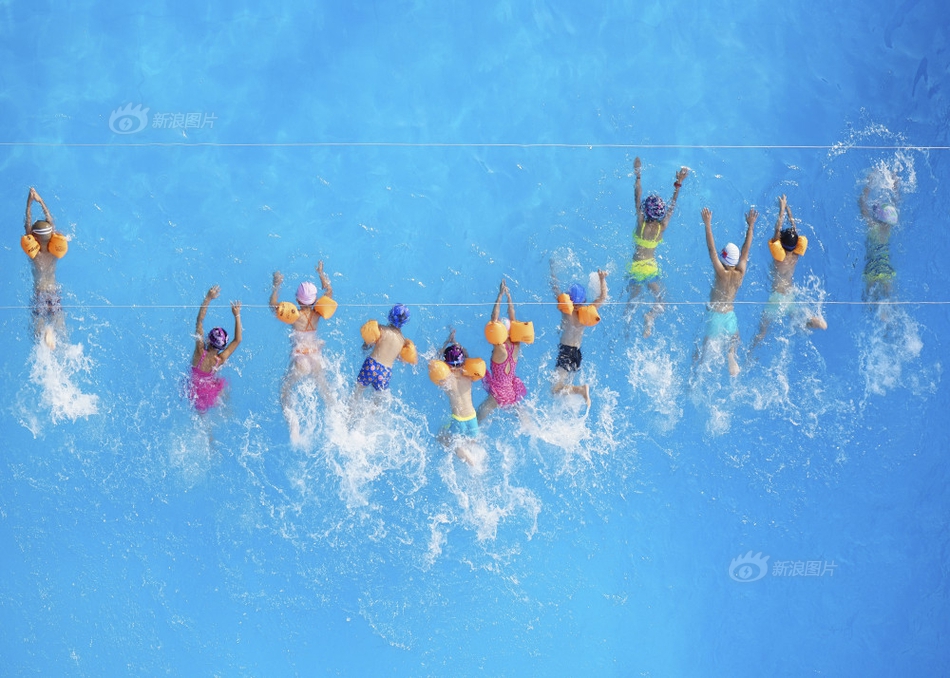【5 dk porno】Heart Mountain’s Sam Mihara Featured in Humanities Magazine Cover Story

During Sam Mihara’s first talk about the Japanese American incarceration to a group of Justice Department lawyers, only three had heard of Fred Korematsu, the civil rights icon who unsuccessfully challenged his incarceration to the Supreme Court in 1944.
That began a second career for Mihara, a former Boeing Co. rocket scientist who had been incarcerated as a child in the concentration camp for Japanese Americans at Heart Mountain, Wyo. He realized most Americans knew little about the Japanese American incarceration during World War II that imprisoned 125,000 people without trial.
Mihara detailed the story of his teaching of the history of the Japanese American incarceration in person to more than 100,000 people in an interview with Shelly C. Lowe, the chair of the National Endowment for the Humanities, in the latest issue of Humanities magazine.
“In my talks, I have found many people, many young people especially, are not being taught what happened,” Mihara told Lowe. “Once in a while, I’ll hear a response like ‘Oh, I remember hearing something about putting some Japanese into prisons,’ but that’s all they know. They don’t know why. They don’t know what the conditions were. And very few people know that it could happen again.”
Lowe interviewed Mihara about his upcoming appearance at the Japanese American National Museum in Los Angeles to give the Jefferson Lecture, an honor given by NEH to some of the nation’s leading figures in the humanities.
Previous Jefferson Lecturers include playwright Arthur Miller, novelist and social commentator Tom Wolfe, historian Barbara Tuchman, biographer David McCullough and documentarian Ken Burns.
The lecture was originally scheduled for Jan. 15 but has been postponed.
The Heart Mountain Wyoming Foundation, a Smithsonian affiliate, preserves the site where some 14,000 Japanese Americans were unjustly incarcerated in Wyoming from 1942 through 1945. Their stories are told within the foundation’s museum, Heart Mountain Interpretive Center, located between Cody and Powell. For more information, call the center at (307) 754-8000 or email info @heartmountain.org.






Related Articles